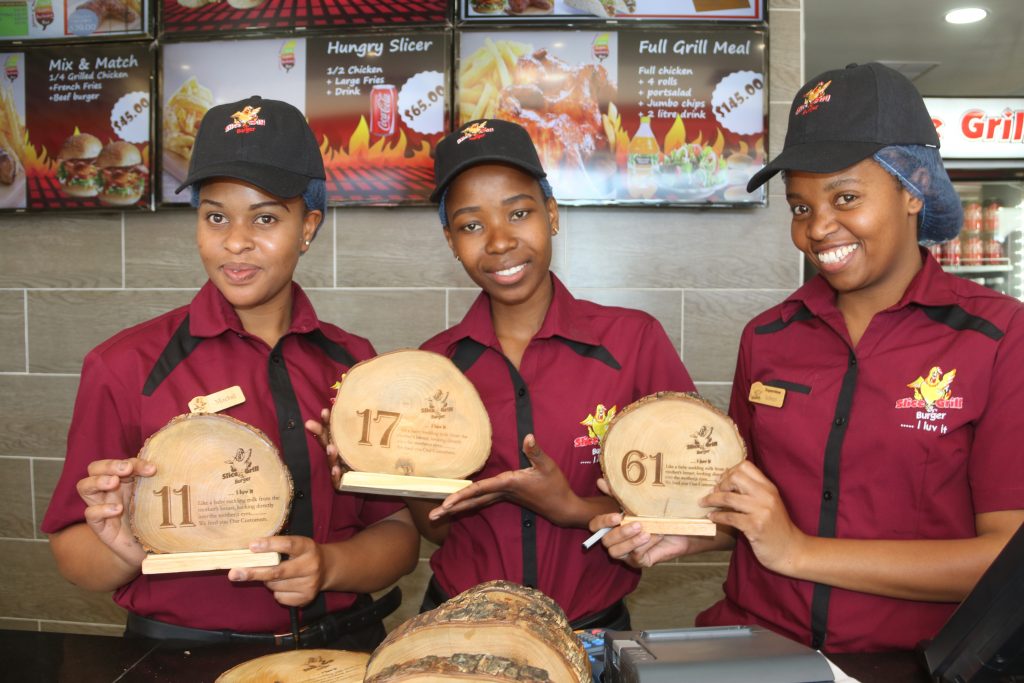Cambridge AS A Level Business Studies/ ZIMSEC Advanced Level Business Studies/ Business Enterprise Skills Notes: Types of businesses: Franchise Businesses
- Sometimes a business be it a sole trader business, partnership or company
- Might opt to become/join a franchise business
Characteristics/Features
- A franchise is when the owner of a business or business idea/formula (the franchisor) grants a licence to another person or business (the franchisee) to use their business idea – often in a specific geographical area.
- The franchisee sells the franchisor’s product or services, trades under the franchisor’s trademark or trade name and benefits from the franchisor’s help and support
- In return, the franchisee usually pays an initial fee to the franchisor and then a percentage of the sales revenue
- The franchisee owns the outlet they run. But the franchisor keeps control over how products are marketed and sold and how their business idea is used
- Examples of franchises are Chicken Inn, Spar, Pizza Inn, Chicken Slice etc.
- International examples include Wimpy, McDonald, Starbucks etc
Advantages
To Franchisee
- The franchisee’s business is most likely to be more successful because their business would now be based on a proven and successful idea
- The franchisee gets to use a well-recognized brand name and trademarks also increasing their chance of success and minimizing the time needed to build up goodwill
- The franchisee receives support from the franchisor which may include training, setting up shop and other necessary ongoing advice
- The franchisee benefits from centralized advertising and marketing efforts by the franchisor
- Relationship with suppliers may already be established
- Economies of scale, for example, the whole franchise may buy purchases as a group and enjoy trade discounts.
To Franchisor
- Is a quick risk free method of expanding the business without spending the franchisor’s capital
- Economies of scale, for example, the whole franchise may buy purchases as a group and enjoy trade discounts
- Franchisees pay the franchisor money providing an alternative source of income
Disadvantages
To Franchisee
- The agreement comes with restrictions which might prevent the franchisee in operating the business as he sees fit. (There is lack of autonomy.)
- Restricted area in which they can operate. If they want to expand to another geographical area they may have to pay additional fees to the franchisor
- Have to pay a percentage of their sales as a fee in addition to the initial payment to the franchisor
- This increases the operating costs of the franchise. Royalties and advertising fees may also have to be paid
- It may be difficult to sale the franchise due to licencing restrictions.
Other franchisees may tarnish the image of the whole franchise business
To Franchisor
- Massive capital outlays are required to build up the franchise.
Other franchisees may tarnish the image of the whole business - The franchisee may have to disclose protected information to the franchisee for example formulas etc. which comes with the risk that the franchisee might disclose these.
To access more topics go to the Advanced Level Business Studies page
To access more topics go to the ZIMSEC Business Enterprise and Skills page
To access more topics go to the Cambridge AS A Level Business Studies page




